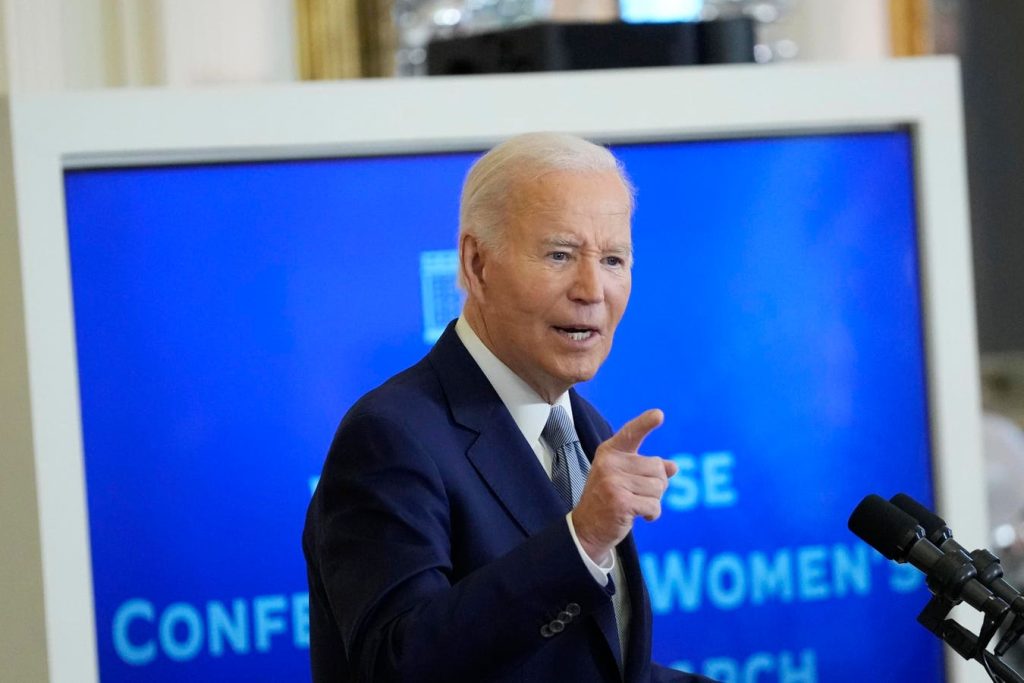The Biden administration has granted commutations to nearly 1,500 individuals, marking one of the largest single-day commutations in presidential history. These individuals were participating in the CARES Act program, established at the onset of the COVID-19 pandemic, which allowed certain non-violent, minimum-security prisoners to serve the remainder of their sentences on home confinement. This program proved remarkably successful, with a 99% success rate among participants, demonstrating that many individuals can successfully reintegrate into society without being physically incarcerated. This unprecedented success has paved the way for a broader conversation on criminal justice reform and the potential for alternative sentencing strategies. The commutations offer a tangible example of the effectiveness of home confinement and challenge traditional notions of incarceration.
The CARES Act program not only provided a pathway for thousands of inmates to return home but also served as a real-world experiment in alternative sentencing. Out of approximately 36,000 prisoners transferred to home confinement under the program, almost all successfully completed their sentences without incident. This remarkable achievement highlights the potential for rehabilitative programs and underscores the idea that imprisonment does not always necessitate physical confinement. The program’s success has provided concrete evidence supporting criminal justice reform and suggests that alternatives to traditional incarceration can be both effective and safe. The commutations granted by President Biden are a direct result of the program’s success and represent a significant step towards a more compassionate and effective criminal justice system.
The rigorous monitoring procedures associated with home confinement contributed significantly to the CARES Act program’s success. Participants were subject to daily check-ins involving facial recognition, voice recognition, and fingerprint scans, along with weekly visits to halfway houses for drug testing. Strict curfews were enforced, and movement outside the home was closely monitored. While these measures provided accountability and ensured public safety, they also placed considerable restrictions on participants’ freedoms. Despite these challenges, individuals like “Brian,” a CARES Act participant, expressed gratitude for the opportunity to be home and acknowledged the importance of adhering to the rules. This underscores the commitment of participants to successfully complete the program and reintegrate into their communities.
The transition from home confinement to full freedom is not without its complexities. While the commutation removes the prison sentence, individuals remain under supervised release, typically for a period of 2-5 years. This involves continued monitoring by U.S. Probation, including financial reporting, job approval, and adherence to specific conditions set by the judge. Despite these ongoing requirements, individuals like Brian view the commutation as a “gift” and express a continued commitment to obeying the rules. This highlights the transformative potential of programs like CARES Act, instilling a sense of responsibility and encouraging long-term compliance with the law.
The White House emphasized the importance of second chances and the potential for rehabilitation in its announcement of the commutations. The statement highlighted the individuals’ reunification with families, their commitment to employment and education, and their contributions to their communities. By showcasing the positive outcomes of the CARES Act program, the administration underscores its belief in the possibility of redemption and the value of reintegrating formerly incarcerated individuals back into society. These commutations, therefore, represent not only an act of clemency but also a statement about the potential for human transformation and the importance of a more just and equitable criminal justice system.
The commutations granted by President Biden have broader implications for the criminal justice system, particularly regarding the use of halfway houses. With thousands of individuals now transitioning from home confinement to full freedom, there will be increased availability in halfway houses, which are often operating near capacity. This creates opportunities for more individuals currently incarcerated in traditional prison settings to move into community-based programs, potentially accelerating their reintegration process. This shift also aligns with a growing movement towards decarceration and the prioritization of rehabilitation over punitive measures. The long-term impact of these commutations could be significant, influencing future policy decisions and shaping the future of criminal justice reform in the United States.










